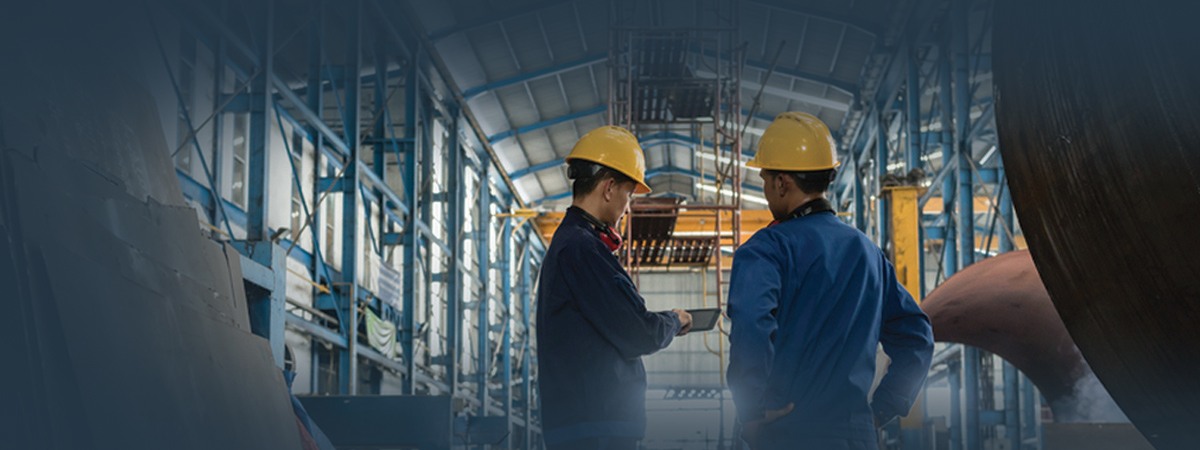European governments have propped up airplane maker Airbus with illegal subsidies for more than 45 years. These subsidies continue to help fund the company’s airplane development programs, even though the World Trade Organization (WTO) has declared these capital infusions to be illegal subsidies multiple times.
Continued illegal subsidies for Airbus risk the future of America’s No. 1 export, the 137,000 U.S. aerospace jobs at Boeing and the 1.3 million jobs in Boeing’s U.S. supply chain. It risks America’s share of a $5.9 trillion global aerospace market.
Here are seven reasons why you should be concerned about unfair trade practices by Airbus:
1. Airbus accepts illegal government subsidies to fund its operations, even when they fail.
When Airbus develops a new airplane, it gets millions of euros and pounds from the governments of France, Spain, Germany and the United Kingdom. This massive infusion of public funds is called “launch aid,” and the WTO says it is a violation of trade law. This enables Airbus to sell its planes at deep discounts and “buy” market share. It also lets them off the hook for repaying the money if a product fails.
This illegal practice puts American aerospace companies who follow the rule of law at an unfair disadvantage.
2. Airbus lost in court but continues to violate agreed-upon trade laws.
In 2011, the WTO ruled European airplane maker Airbus received $18 billion in illegal subsidies, including launch aid, and both Airbus and European governments were ordered to cease this arrangement. In 2016, the WTO found Airbus failed to comply with the previous ruling and even benefitted from an additional $5 billion in launch aid for its A350, a new wide-body jet airliner.
In May 2018, the WTO found that Airbus and the EU continue to ignore the trade body’s rulings and must address the ongoing harm these illegal subsidies are causing to the U.S. aerospace industry.
3. Illegal subsidization of Airbus helped the company capture 50 percent of the global aircraft market.
Airbus used its legacy of illegal subsidies – going back more than 45 years and counting – to unfairly gain more than 50 percent of the global aircraft market. Travelers are now just as likely to fly on an Airbus jet as they are on a Boeing jet.
The WTO has said Airbus would likely not even exist today if not for illegal subsidies.
4. Violating trade law hurts the U.S. economy.
Americans love to compete. Competition makes us better, drives innovation and gives consumers greater choice. But it has to be fair. Companies like Airbus refuse to follow the rules of global trade, with harmful consequences for the American economy.
The economy grows when there is a level playing field for all global competitors. If Airbus refuses to stop violating the law, the U.S. economy will pay the price.
5. Skirting trade laws hurts American jobs.
Rules-based global trade is critical to Boeing’s growth and to American jobs. Selling airplanes to foreign markets sustains and grows U.S. jobs. When Boeing’s foreign competitors skirt and violate trade laws, it costs Boeing billions of dollars in sales and affects the hundreds of thousands of American jobs those sales would support.
6. Airbus is undermining trust in global trade.
When foreign countries and overseas competitors ignore the WTO and refuse to follow the rules of global trade, trust in the international trading system is destroyed. This distrust can pave the way for governments to turn protectionist, with negative economic consequences. U.S. export opportunities would decline, consumers would have fewer choices and face higher prices and innovation would slow to a crawl.
7. Boeing plays by the rules — Airbus should, too.
Boeing is committed to abiding by WTO rules, but Airbus continues to take illegal government subsidies. Our trade rules exist for a reason — to keep global competition fair.
In May 2018, the WTO ruled for the last time on European subsidies to Airbus, finding that illegal subsidies are causing ongoing harm to the U.S. aerospace industry. Europe now faces the prospect of U.S. sanctions on European imports to America unless they address these unfair business practices. It’s time Europe followed the global trading rules we all agreed to.
